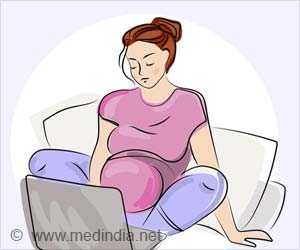Caffeine may worsen the hot flashes and night sweats that affect more than 80 percent of women as they go through menopause, says a new study

However, caffeine — a stimulant found in coffee, medications and chocolate — appears to have a different effect on women beginning the transition into menopause.
In their case, caffeine stimulates their mood, memory and concentration, states the study
The study, published in the journal Menopause, stem from a Mayo Clinic poll of as many as 1,800 menopausal women conducted between 2005 and 2011.
Symptoms were compared between caffeine users and nonusers.
Dr. Stephanie Faubion, director of the Women's Health Clinic at the Mayo Clinic in Rochester, Minn, noted that there were many management strategies to handle the challenging menopause symptoms effectively.
Given that about 85 percent of Americans consume caffeine in some form on a daily basis, Faubion and her researching team tried to ascertain to what degree the stimulant might affect the gravity of hot flashes and night sweats.
Researchers suggested dressing in removable layers, and sleeping with moisture-control bedding as extra means to manage the discomforts of hot flashes and night sweats
A woman generally reaches menopause —the time when her periods stop— between age 45 and 55.
Source-Medindia
 MEDINDIA
MEDINDIA




 Email
Email










